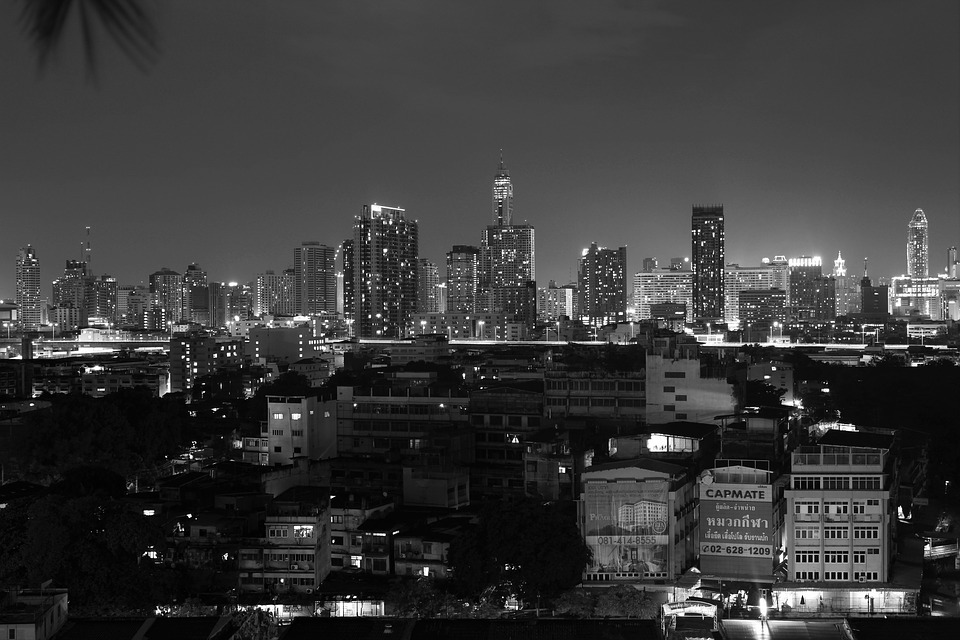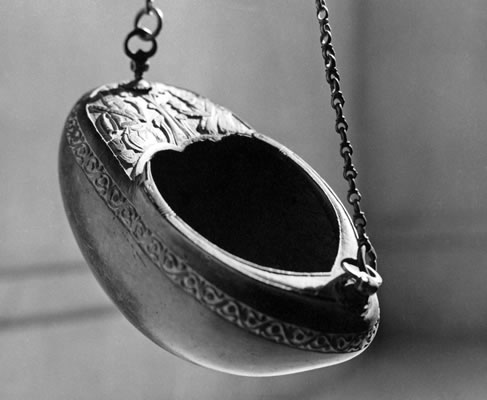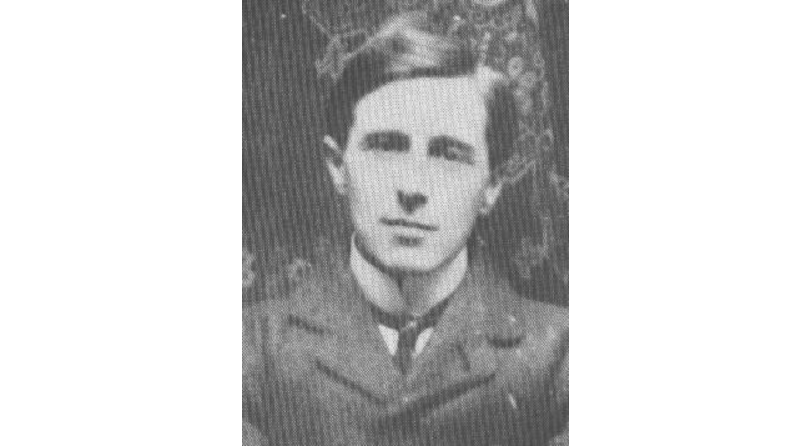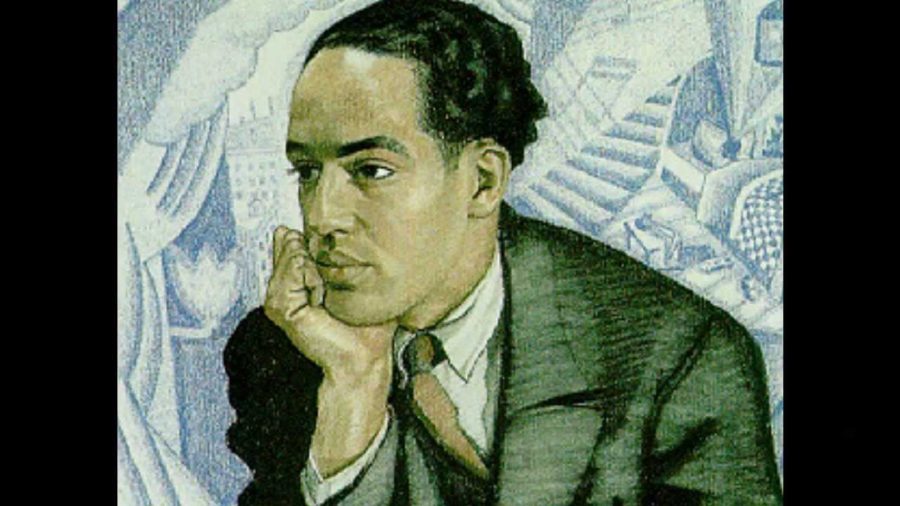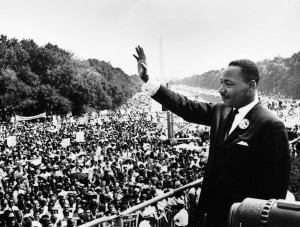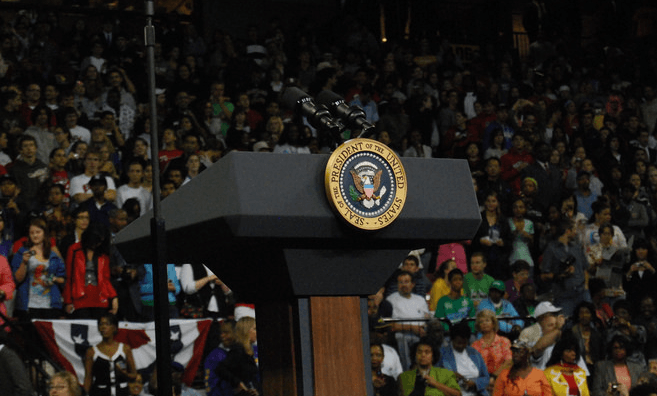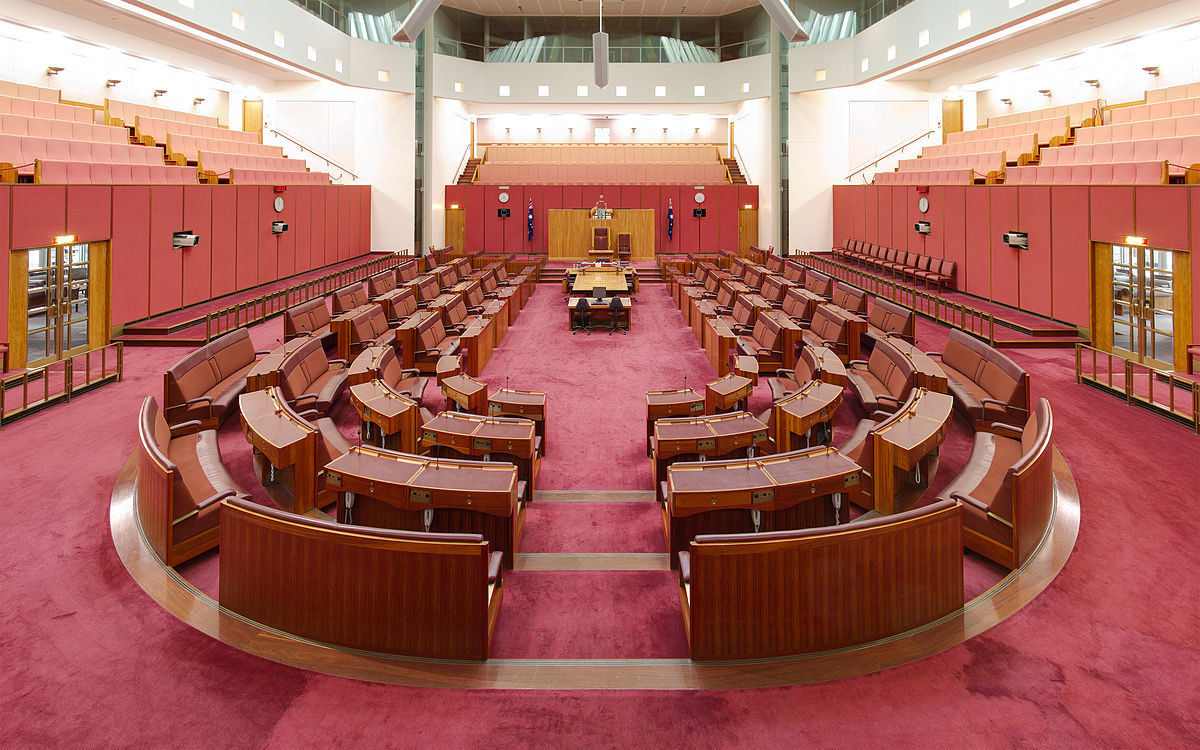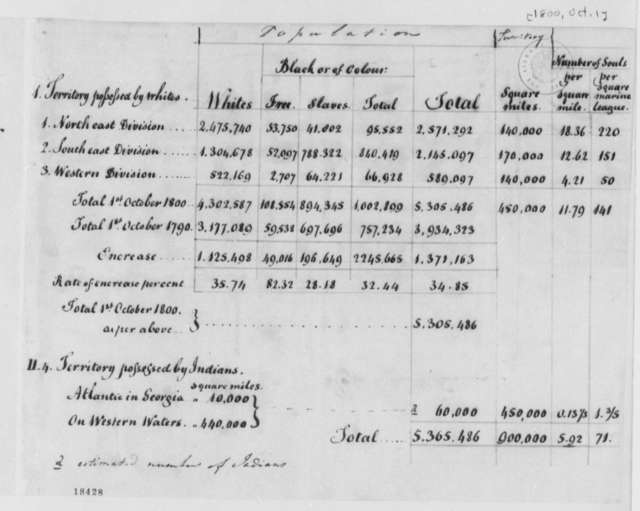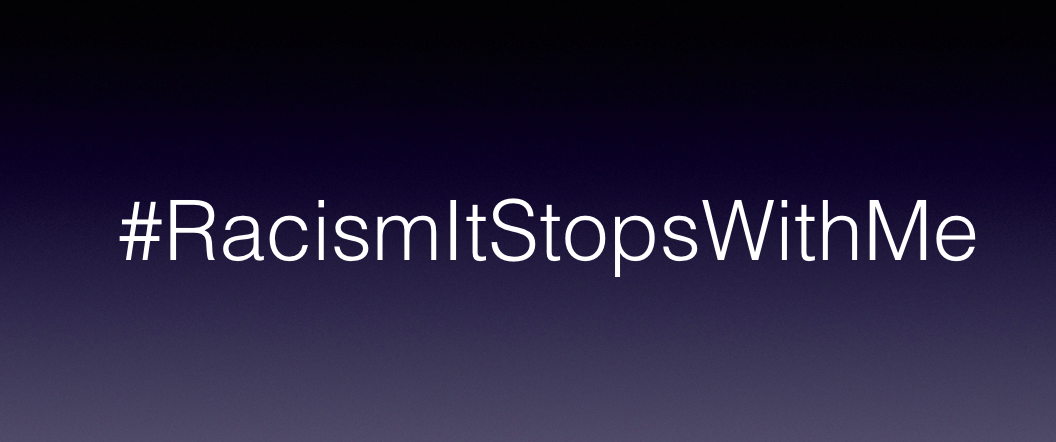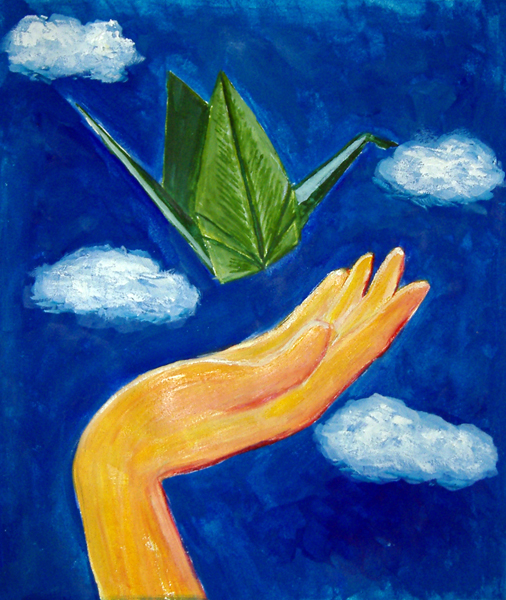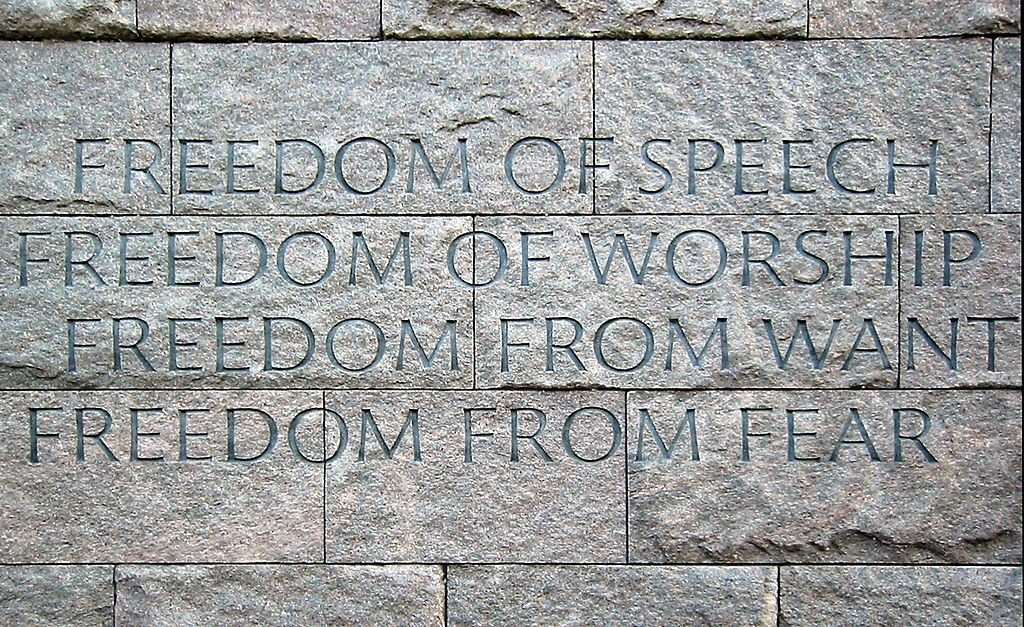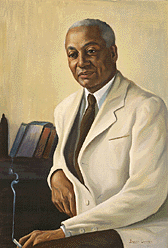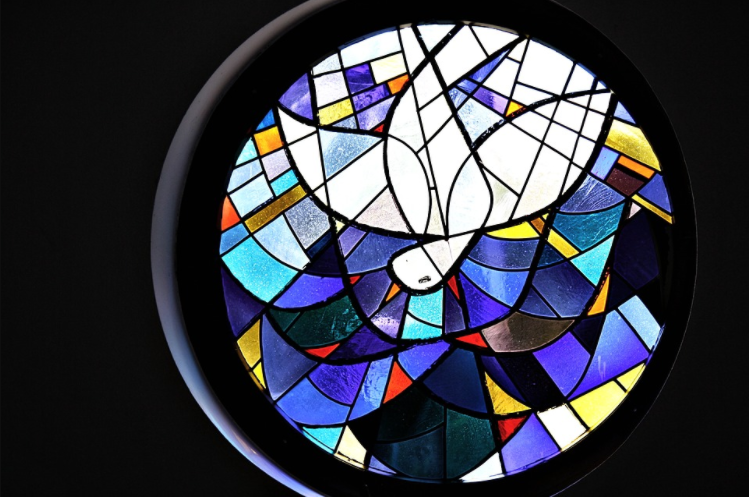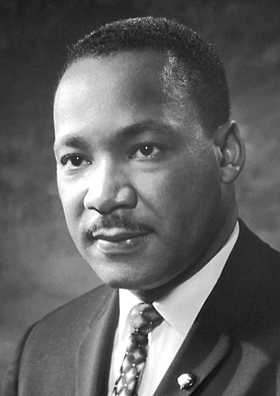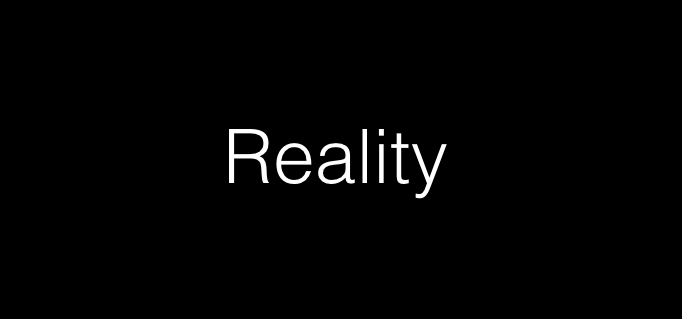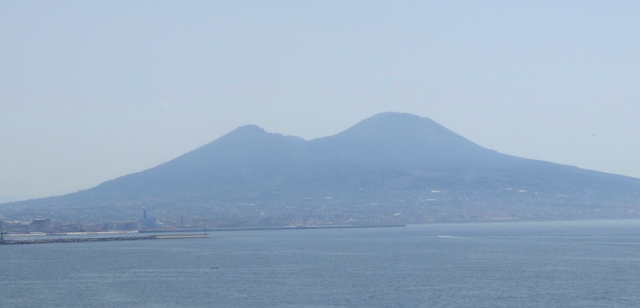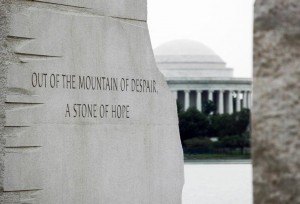poverty
There is no more profound exclusion. Global wealth is distributed unequally across the world, excluding billions from a life of dignity. This exclusion is reinforced by social structures including borders which the poor are generally unable to cross.
-
Extremes of Wealth and Poverty
The increasing gulf between rich and poor has recently re-emerged as an issue in public debate, both as an issue of economic justice and as an issue contributing to political instability in the world.[1] The issue has been a standing concern of the Baha’i community. In his early mystical writings Bahá’u’lláh draws attention to the injustice of disparities of wealth and poverty. Bahá’u’lláh challenges the common societal devaluation of the poor (and assumptions about a worthy human life): Vaunt not thyself over the poor, for I lead him on his way and behold thee in thy evil plight and confound thee forevermore.[1] This is not enough. The wealthy have obligations of generosity…
-
The Poetry of Langston Hughes
Racism and problems of race relations continue to generate injustice and racial animosity around the world. The problem is not confined to any one people or country, but the case of the United States is better known in the English speaking world. The poetry of Langston Hughes comes from a period in which racism had reached a peak – what is known as the “Jim Crow” era. The United States civil war ended slavery, but it didn’t end racism. Gradually racism took a stronger hold in society and by the early 20th century it gave rise to toxic theories of racial supremacy and scientific racism. A fierce segregation was instituted between…
-
Electing the President
There is something fascinating about the “contest” which elects the President of the United States. The 2016 election is no exception. Candidates who weren’t imagined before the election year have come to the fore and with them the discourse and the “contest” has been thrown open. Issues of gender are right on the surface. And the fact that a women has never been elected as President is one of the issues. Gender issues are present in other ways. Women’s bodies and women’s rights have repeatedly surfaced as a political football. Issues of race are prominent, who is allowed to belong – who needs to be locked out. Who can claim…
-
Racism – a daily reality
Racism is an almost daily news item. For many, its a terrible lived problem. But, many have trouble believing it exists, except perhaps at the the margins of society. If we don’t see the obvious symbols of racism: arm bands, hate flags, white hoods, we may think the problem is no longer there. We have a curious situation where “racism” is almost a taboo word. It is politically incorrect to call racism, well, racist. As a consequence we sometimes see heated debate over whether this or that is an example of racism. A recent example from my own country was the treatment of Adam Goodes on the sporting field. He is a…
-
Frontera Movie Review
The Frontera movie is a story about lives shattered by the US-Mexico border. The story unfolds around two families: one from the Mexican side, one from the U.S. side. Miguel (Michael Peña) crosses the border to find work to support his family, including his pregnant wife Paulina (Eva Longoria). On the other side lives a retired sheriff Roy (Ed Harris) and his wife Olivia (Amy Madigan). From the moment Miguel crosses the border everything goes wrong. As the tragedy unfolds, Olivia is shot and killed. Miguel, in the wrong place at the wrong time, is wrongly blamed. The actions of a cast of villains and fools deepen the tragedy as…
-
Elysium – The Future of Human Rights is Now
Like Gattaca, the movie Elysium paints a picture of a dystopian future. Both movies explore questions of human rights and exclusion. That’s pretty much where the similarities end. Elysium’s Social Justice Message Elysium is unashamedly a sci-fi action flick in mainstream Hollywood tradition. It’s heroes and villians ride in guns blazing. If that’s your thing, then you’ll enjoy the ride. If not, underneath the hero myth, it’s a movie with a serious message. It deals with economic and social extremes in our world today. The future is just a mirror to help us see the present more clearly. In that sense, its science fiction doing what science fiction does…
-
The Peace Advocacy of Martin Luther King (Part 4 of 4)
To appreciate Martin Luther King’s thoughts on peace, we must understand his thoughts about the relationship between human beings. He saw all human beings as caught “in an inescapable network of mutuality, tied in a single garment of destiny.” He expands on this thought in his 1964 speech, “The American Dream”. All I’m saying is simply this, that all life is interrelated. And we are caught in an inescapable network of mutuality, tied in a single garment of destiny — whatever affects one directly, affects all indirectly. For some strange reason I can never be what I ought to be until you are what you ought to be, and you…
-
Martin Luther King and Non-violence (Part 3 of 4)
Martin Luther King thought deeply about the best methods to use to overcome the injustices facing African Americans. This in itself is an important observation. It is appropriate for us in the 21st century to also think deeply about questions of method. His speeches frequently describe and defend nonviolence as the method he felt was both effective and moral for the issues on which he worked. Sometimes the description was in response to criticism of the method as “too extreme”, at other times it was to reject the violence advocated by some. His explanations were patient and detailed. The basic steps of the method are outlined to his fellow ministers…
-
Martin Luther King Jr. – What role did Christianity play in his civil rights advocacy? (Part 2 of 4)
Martin Luther King Jr. was born in Atlanta Georgia, the second son of Martin Luther King Sr. and Alberta Williams King. Martin Luther King Jr. was by vocation a Baptist minister. He was in the fourth generation of his family to take up this vocation. It is impossible to fully appreciate Martin Luther King’s work without understanding the role that Christian thought and inspiration played in his advocacy of human rights. Martin Luther King’s letter from a Birmingham prison to fellow Christian clergymen gives insight to the role his religious commitment played in generating and sustaining his commitment to work for justice. Further, the people from whom he came, the…
